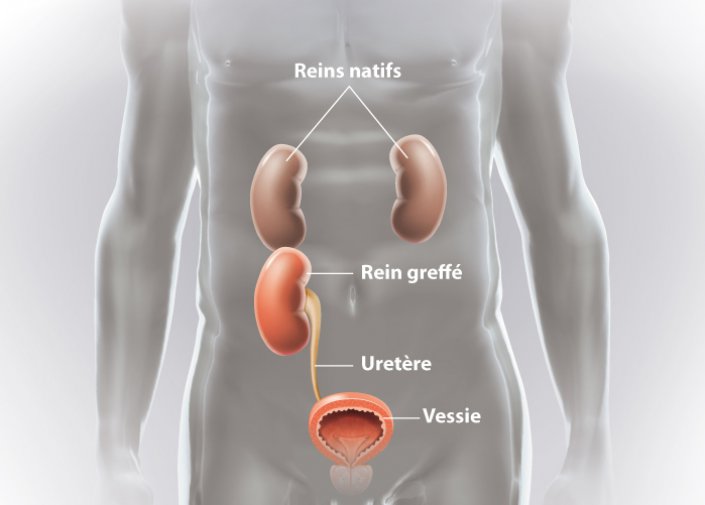BKNAB

However, the infection provokes overt pathology in a context of immunosuppression. In kidney transplanted patients, reactivation of the virus from sites of persistent infection frequently occurs and is associated with nephropathy, which remains an important cause of kidney graft failure.
There is no other treatment than reduction of immunosuppressive therapy, with the hope of improving antiviral host response. Nevertheless, this strategy also increases the risk of transplant rejection.
Our work is based on the hypothesis of a reactivation of the BK virus favoured by the immunosuppressive therapy. We are interested in the evolution of the viral population upon treatment (diversity, selection of variants,…). This project is carried out in collaboration with the Transplantation and Immunology Research Center of Nantes (UMR 1064).
Contributors
Jérôme BOURRET, Ignacio Bravo
Xavier Saulquin, PU Univ Nantes

